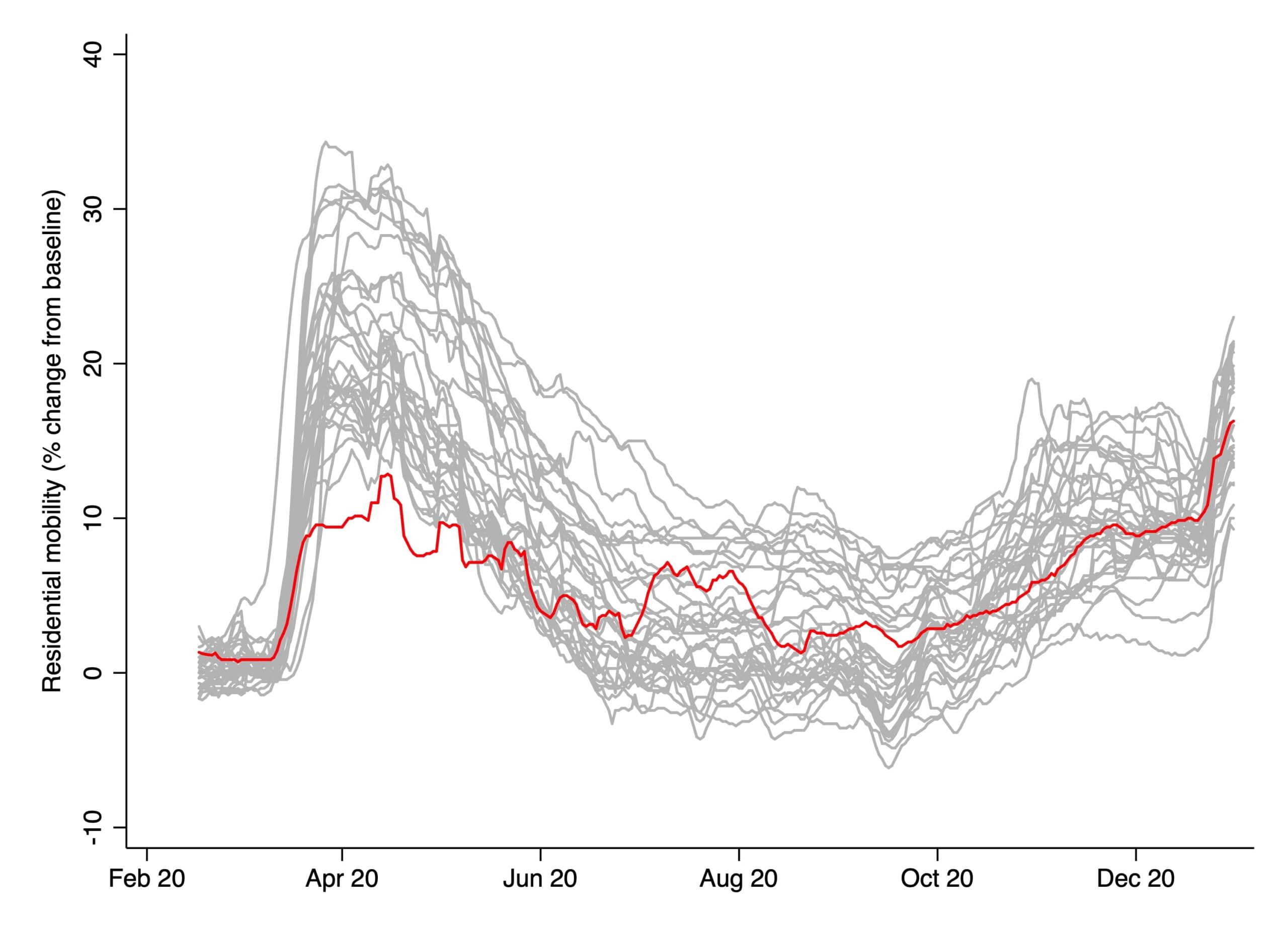No matter how you slice the excess death figures, Sweden performed exceptionally well during the pandemic. According to Britain’s Office for National Statistics, it has the second lowest rate of excess mortality in Europe — lower than Finland, Denmark and Iceland (only Norway did marginally better). Other databases show similar results.
This fact is evidently inconvenient for proponents of lockdown, given that Sweden was the only major Western country not to lock down in the spring of 2020. If stay-at-home orders and mandatory business closures were as effective as their advocates claim, Sweden shouldn’t be anywhere near the top of the leaderboard.
Indeed, the country’s comparatively relaxed approach was roundly denounced at the time. Yet the architect of that approach, Anders Tegnell, told his critics to “judge [him] in a year”. It’s now been more than two years, and the data judges him very favourably.
In light of Sweden’s success, a revisionist argument has gained traction among lockdown proponents: the country’s approach wasn’t really that different because Swedes locked themselves down voluntarily. As Jeremy Hunt — who once advocated Zero Covid — said in a recent interview, “we used the law, Sweden used a voluntary approach” but we had “fairly similar levels of compliance with the lockdown”.
We can test this argument using Google mobility data. For most countries in the world, Google provides the percentage change in the number of people in various location categories (for example: residential, retail and recreation) over the course of the pandemic. The data is based on apps like Google Maps, which track smartphone users’ movements.
The chart below plots change in residential mobility in 33 Western countries for the year 2020. Note that 2021’s mobility data is less informative because the vaccine rollout, which began at the end of December 2020, fundamentally shifted people’s behaviour.
 Sweden (shown in red) saw the smallest change in residential mobility out of all 33 countries in the spring. The country then saw an uptick over the summer, which is unlikely to be purely Covid-driven as very few deaths were recorded at the time. By the end of the year, it was somewhere in the middle of the pack, coinciding with the introduction of tougher measures.
Sweden (shown in red) saw the smallest change in residential mobility out of all 33 countries in the spring. The country then saw an uptick over the summer, which is unlikely to be purely Covid-driven as very few deaths were recorded at the time. By the end of the year, it was somewhere in the middle of the pack, coinciding with the introduction of tougher measures.
If we calculate the cumulative change in residential mobility over the whole year, Sweden comes 24th — just behind the Nordics and a handful of Eastern European countries (all of which saw less change during Europe’s Covid-free summer). The cumulative change in Britain was more than twice as large, undermining Hunt’s claim that the two countries had “fairly similar levels of compliance”.
And if we use retail and recreation mobility instead of residential, Sweden comes 32nd out of 33 countries — with only Denmark registering a smaller change. (On that measure, Sweden doesn’t show the unexpected blip over the summer.)
Overall, there’s no evidence that Sweden had a “voluntary lockdown”. Mobility changed far less there than in most other Western countries. Yet the Swedes still finished at the top of the table. Something for our policymakers to mull over, perhaps.











Join the discussion
Join like minded readers that support our journalism by becoming a paid subscriber
To join the discussion in the comments, become a paid subscriber.
Join like minded readers that support our journalism, read unlimited articles and enjoy other subscriber-only benefits.
Subscribe